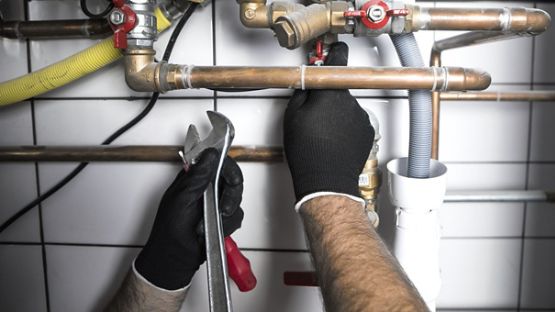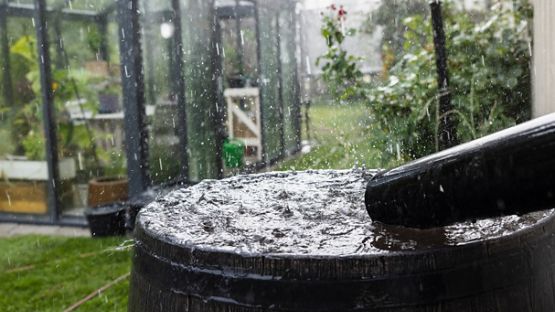Living
The Home Blog: Enrich and protect the places, people, and moments you treasure.

16 Jun 2025
Cottage and cabin comfort: blending style and resilience with lasting materials

22 May 2025
The ultimate home maintenance checklist: Essential tasks for renters, homeowners and condo owners

12 May 2025
Get ready for warmer weather: Spring home maintenance tips for your home

5 May 2025
Getting it right: How do you value a house for insurance?
Driving
The Auto Blog: Tips for the trips that get you there smartly and safely.

9 May 2025
Tomorrow’s boats: greener, smarter, safer

8 Apr 2025
How do motorcycle customizations affect insurance?

12 Mar 2025
Newest RV designs offer durability, sustainability and technology

9 Jan 2025
Car theft prevention tips: Protect your vehicle (and your home) from car thieves
Protecting
The Prevention Blog: Keeping your home, car, and property safer from harm.
Sustaining
The Sustainability Blog: Building stronger, more inclusive and more resilient environments and communities for a better tomorrow.

10 Jul 2024
How rainwater harvesting can help you save water and the environment

12 Jun 2024
Celebrating our Charged for Change Communities: Town of Pelham, Ontario implements EV Charging Stations

12 Jun 2024
Celebrating our Charged for Change communities: The County of Prince Edward, Ontario implements EV Infrastructure

12 Jun 2024
Celebrating our Charged for Change communities: Township of Selwyn, Ontario implements electric charging infrastructure
Leading
The Thought Leader Blog: Experts and specialists lead the way on topics from A to Z.

25 Apr 2025
Inspiring Leadership: Nav Dhillon’s journey to the Best Executive award

4 Apr 2025
Leading with purpose – Tracy Garrad’s path to CEO

4 Apr 2025
Leading with heart: Tena Poirier’s approach to leadership

1 Aug 2023
An Arrow aimed at tomorrow: What do automotive engineers do
Copyright in the whole and every part of this site belongs to Aviva Canada Inc., unless otherwise indicated, and may not be used, sold, licensed, copied or reproduced in whole or in part in any manner or form or in or on any media to any person without the prior written consent of Aviva Canada Inc.




